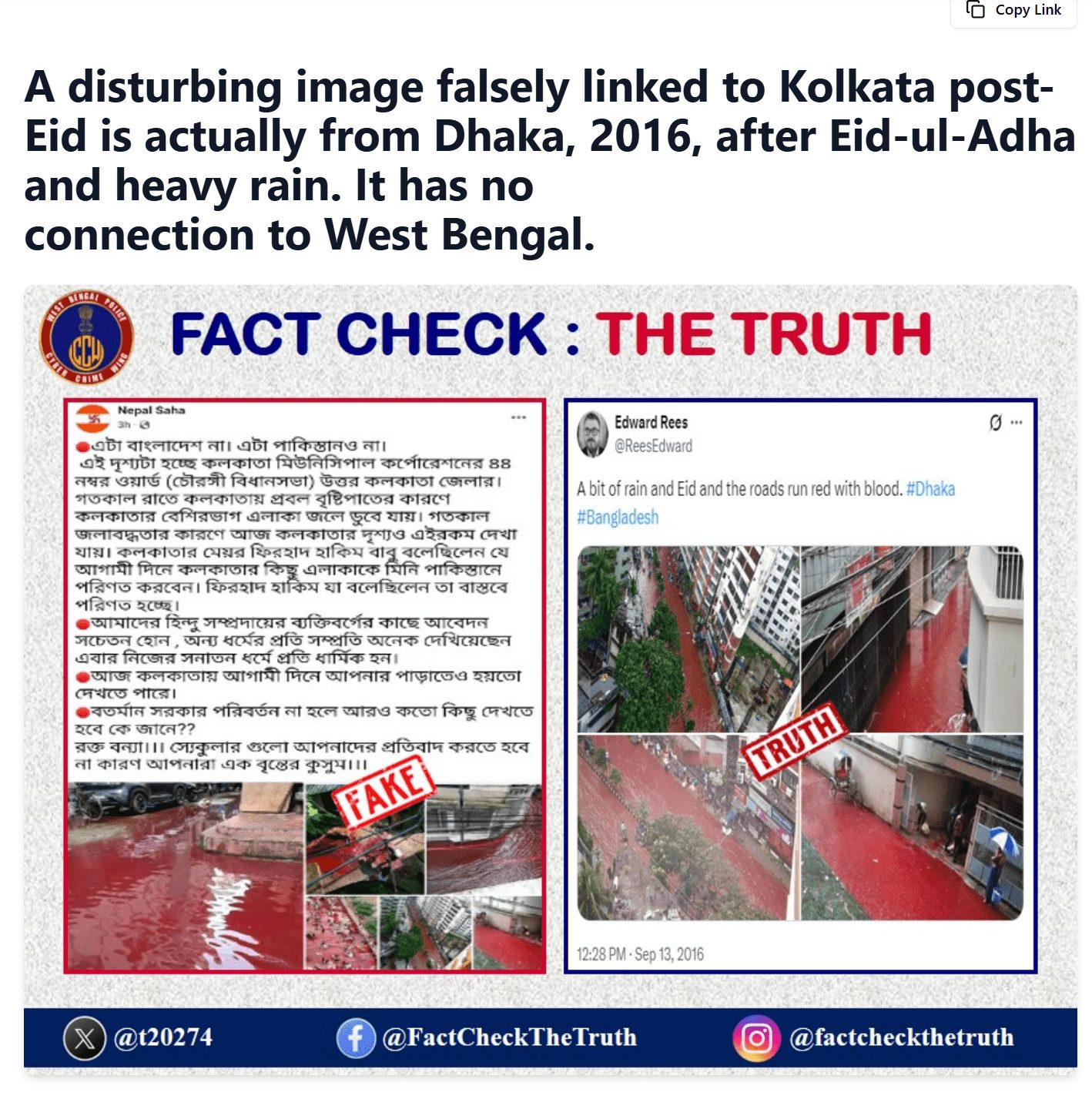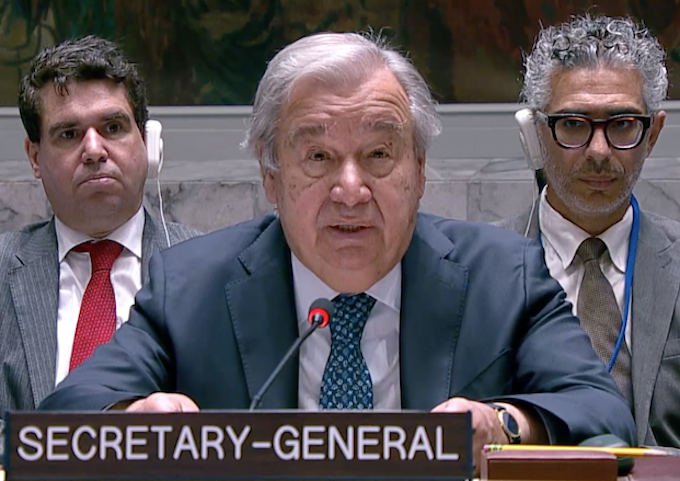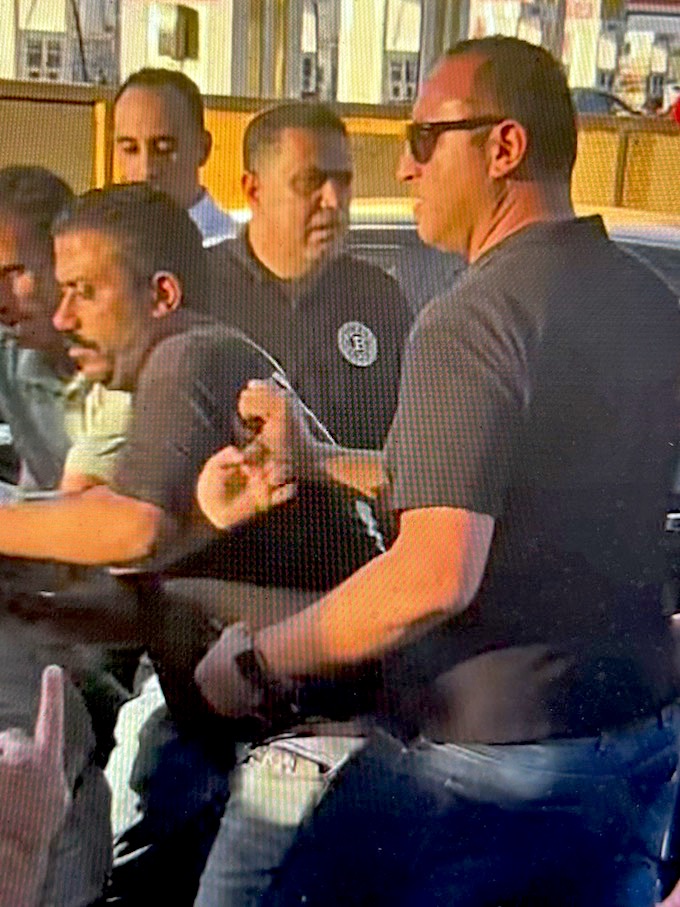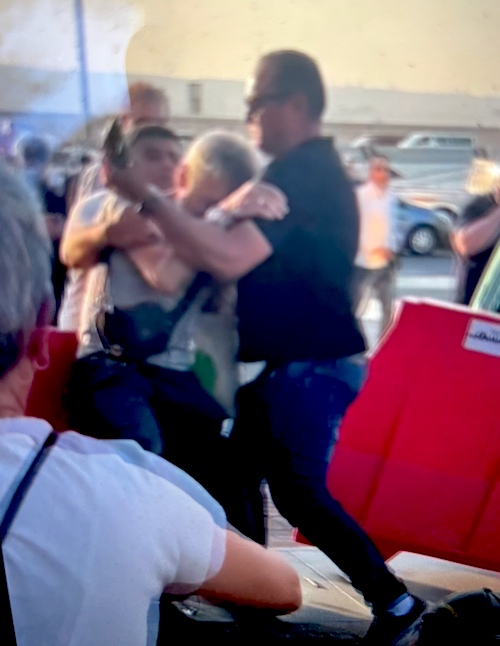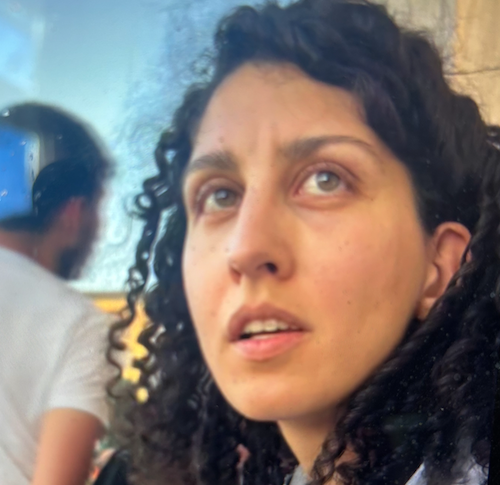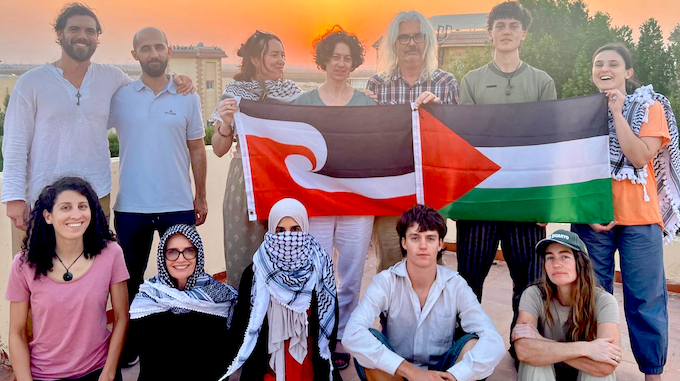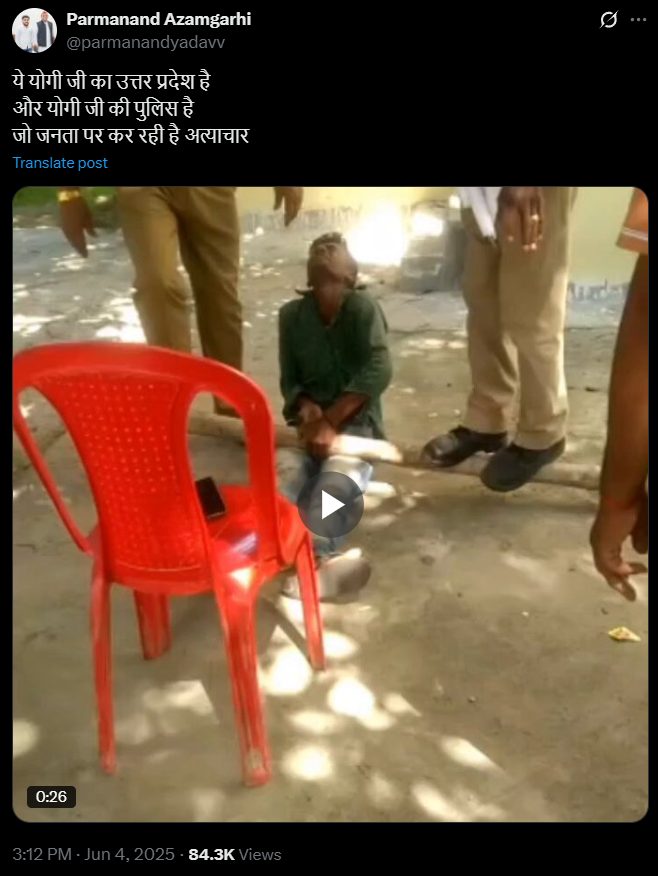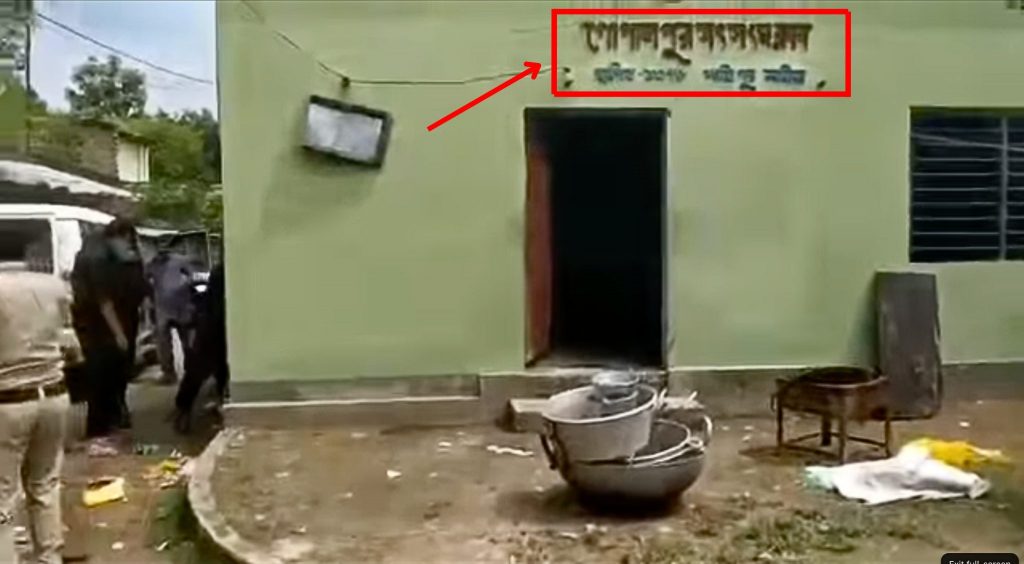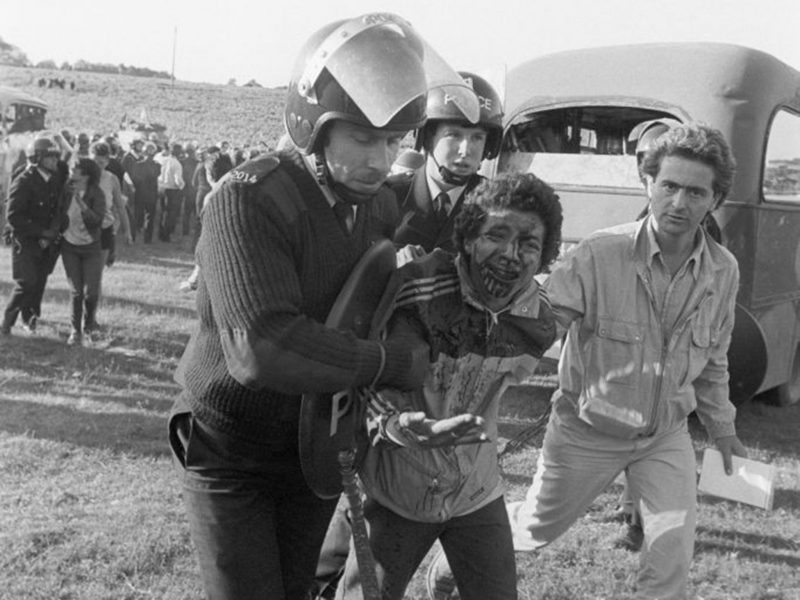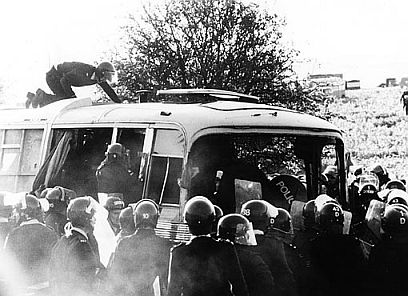After Bakri Eid was celebrated in India on Saturday, June 7, a video went viral on Facebook claiming to show a blood-filled road in Kolkata following the Qurbani (sacrificial) ritual.
Several users shared visuals of a blood-filled road and remarked sarcastically, “This isn’t Bangladesh or Pakistan…” Some stated that parts of Kolkata resembled “scenes from Bangladesh”. The posts also claimed that the visuals were from Ward 44 in Kolkata. (Examples: 1, 2, 3, 4)
BJP leader Sajal Ghosh who represents Ward No. 50 in the Kolkata Municipal Corporation (KMC), also shared the video on Facebook and claimed that it was from the Bhawani Dutta Lane and Neel Madhab Sen Lane areas of Bowbazar. In the post, He also urged ‘urban, smart, ultramodern seculars’ to wake up unless they wanted the same picture to emerge from their localities within four-five years.
খুশির ঈদে খুশির বন্যা l
না এটা বাংলাদেশ না পাকিস্তান, এ আমার সাধের মধ্য কলকাতার বউবাজার অঞ্চলের ভবানী দত্ত লেন ও নীল মধব সেন লেন অঞ্চলের ছবি l
ঈদ কুরবানী একটি সম্প্রদায়ের নিজস্ব বিষয়, সে নিয়ে আমি কিছু বলবো না, কিন্তু যে প্রাণীকে আমরা পূজা করি, তার এই পরিণতি আমাদের ভাবাবেগকেও আঘাত দেয় l
অদ্ভুতভাবে প্রশাসন এবং পুরসভা চোখে ঠুলি পড়ে আছেন l
তাই সমস্ত শহুরে স্মার্ট অত্যাধুনিক সেকুলার মানুষজনকে আমার অনুরোধ নিজে জাগুন অন্যকেও জাগান lনয়তো আর ৪-৫ বছর বাদেই ঈদের দিনের এটাই আপনার পাড়ার ছবি হবে।
Sajal Ghosh BJP West Bengal Kolkata Municipal CorporationPosted by Sajal Ghosh on Sunday 8 June 2025
On the same day, the X handle of the West Bengal Police Cyber Crime Wing shared a related fact check. It picked up a Facebook post from a user named Nepal Saha, which contained six photos of purported Eid celebrations in Kolkata, and labelled them as fake. One of these photos is a screenshot from the viral video. The fact check claimed that the photos originated in Bangladesh, with a 2016 post from Dhaka cited as the source. However, the viral video screengrab is not part of the 2016 post, and only two of the five others flagged as fake can actually be traced back to it. (Archive)
A disturbing image falsely linked to Kolkata post-Eid is actually from Dhaka, 2016, after Eid-ul-Adha and heavy rain. It has no connection to West Bengal.#factcheckthetruth#factcheck#Bangladesh#WestBengal pic.twitter.com/SVSPwxr748
— Fact Check : The Truth (@t20274) June 8, 2025
Taking a cue from Sajal Ghosh’s Facebook post, Alt News was able to precisely identify the spot featured in the viral clip. Bhawani Dutta Lane and Neel Madhab Sen Lane are two narrow streets near the College Street — Mahatma Gandhi Road crossing, stones throw from the Presidency University. We visited the site and shot a video that shows the same area that is seen in the viral clip.
The business establishments visible toward the end of the footage all carry Kolkata addresses. (Outlined in red in the screengrabs below)
Click to view slideshow.Key landmarks visible in the viral video — including a distinct red-coloured house, a grey coloured building with light blue stripes, and a black car — can be seen in the Alt News video as well. The grey building houses the historical and current sections of the West Bengal state archives and bears the address: 6, Bhawani Dutta Lane.
These elements have also been highlighted below:
Click to view slideshow.Have Never Seen Streets Turn Red Like this Before: Locals
To understand what transpired, we spoke to several locals. They recounted that on the intervening night of June 6 and June 7, the area experienced heavy rainfall resulting in severe waterlogging. On Saturday, June 7, morning, the ritual of qurbani (animal sacrifice) was carried out in keeping with religious tradition, local residents observed.
With the lanes being already waterlogged from the overnight rain, blood from the animal sacrifices mixed with the stagnant rainwater. Locals themselves came forward to manually clear the drains before the intervention of the civic body.
Alt News spoke to a local shop owner, Rajesh, who said he had lived and worked in the neighbourhood for over four decades. He told us that he had never witnessed anything like this before.
“I’ve been living and working in this neighbourhood for over 40 years, and I’ve never witnessed anything like this. The area indeed gets waterlogged whenever it rains, and the ritual of qurbani is performed here every year. But this is the first time I’ve seen such a scene — it was truly unprecedented.” Rajesh also confirmed that the video shows his locality and is from last Saturday.
The same information was corroborated by another shop owner from the area who told us that he had been in business there for around five to seven years and “had never seen anything like it.” “The water was red and there was a pungent smell”, he told us.
To further corroborate the events, we spoke to another family that had been residing there for over 60 years. They told us that in all their time living there, they had never witnessed such a disturbing sight. According to them, waterlogging is a recurring issue whenever it rains — and Friday was no exception. That evening, the area experienced heavy rainfall, which led to water accumulation due to clogged drains. “I was born and brought up here. In my lifetime, this was the first time I had witnessed something like this. Yes, the streets get waterlogged after a heavy shower. And on Friday, we experienced a heavy rainfall, which led to the accumulation of water.”
“Even at around 7 am, the water was clear, and likely after an hour, it turned red. Yes, it was accompanied by foul odour,” members of the household told Alt News. they did not want to be named. The time of the water turning red was corroborated by two other witnesses.
When asked whether the ritual of qurbani is practised every year on Eid al-adah, the family said, “Yes, but it has never affected the neighbours in any manner.” They also observed that a few local residents took the initiative to clear the clogged drains using sticks in an attempt to improve the situation. Shortly after these efforts, municipal workers arrived, cleaned the affected area, and restored normalcy. “We saw a few locals trying to unclog the drains with sticks. And later the municipality intervened and cleared it up.”
Kamal Pandit, a priest at a nearby temple, repeated the same point — that this was unprecedented. “I have been working here for the past six years. In this span, I have never seen a filthy sight like this. Whenever it rains, the area gets waterlogged, but I have never seen it turn red. It was cleared up in the afternoon.”
To sum up, Alt News’ on-ground investigation confirmed that the viral video was indeed authentic and were filmed in Kolkata. On the night of June 6 (Friday), the city witnessed heavy rain in certain areas, including Bhawani Dutta Lane in central Kolkata. As a result, following the Qurbani (sacrificial) ritual on Bakri Eid the next day, the already waterlogged lanes turned red, possibly due to contamination with animal blood. However, the X handle of Bengal police’s cyber crime wing issued an inaccurate fact-check of a Facebook post carrying a screenshot from the same video, incorrectly claiming that it was from Dhaka, Bangladesh, in 2016.
This story will be updated if we receive a response from the cyber cell of police.
The post Waterlogged Kolkata street did turn red after Eid qurbani: Alt News ground report rebuts police cyber cell’s denial appeared first on Alt News.
This content originally appeared on Alt News and was authored by Ankita Mahalanobish.
This post was originally published on Radio Free.
